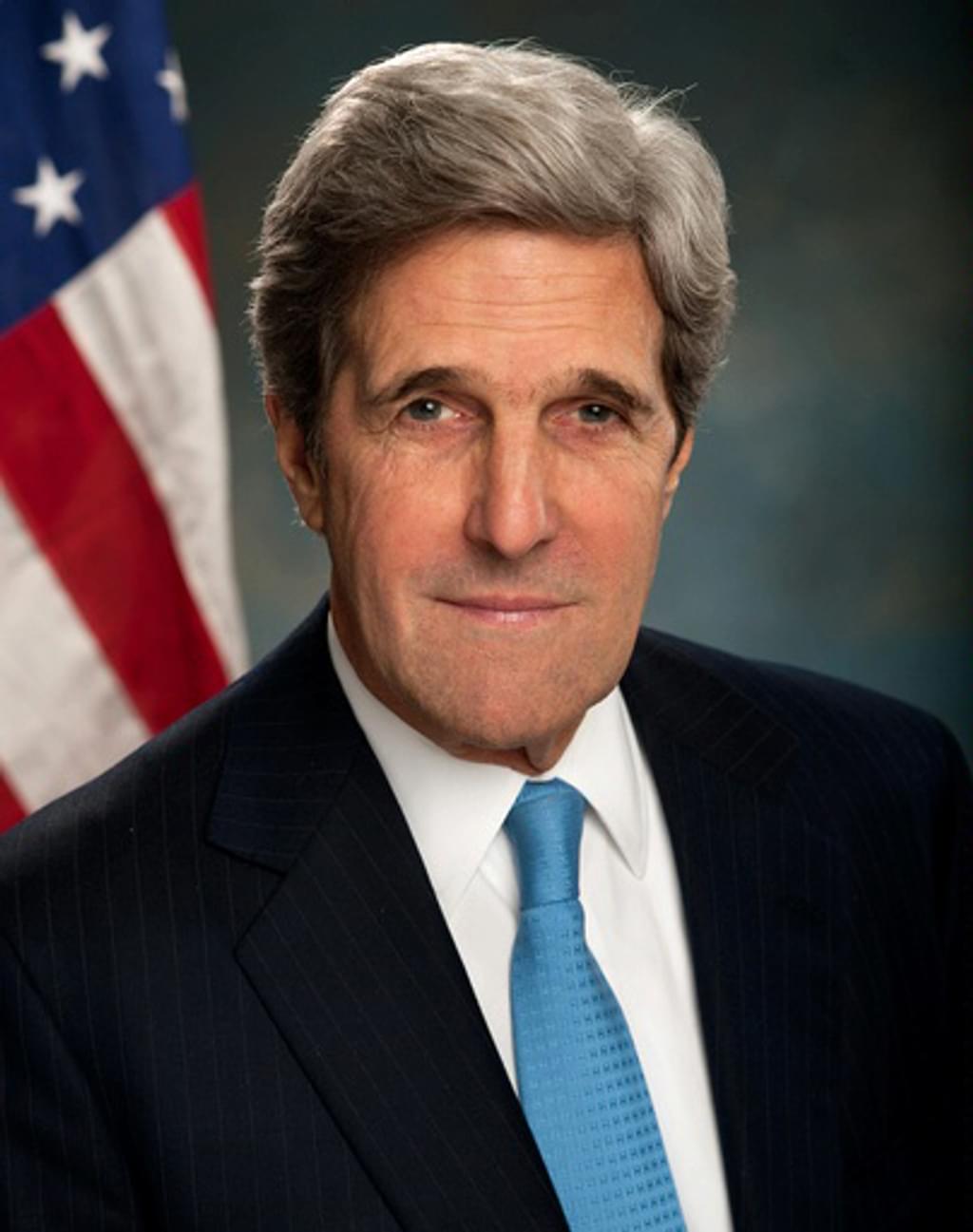
In a letter to Texas officials, U.S. Secretary of State John Kerry urged a review of the conviction of Edgar Arias Tamayo, a Mexican citizen scheduled to be executed in January 2014. Tamayo was not notified of his right to contact the Mexican Consulate, a violation of the Vienna Convention on Consular Relations, a treaty that the U.S. has signed and ratified. In 2004, the International Court of Justice ordered the U.S. to review the convictions of Tamayo and 50 other Mexican citizens who had been sentenced to death without being notified of their rights under the Vienna Convention. No U.S. court has examined the consular issues in Tamayo’s case. Kerry’s letter warned that executing Tamayo could damage U.S.-Mexican relations and hinder the ability of U.S. officials to help American citizens detained abroad. “Our consular visits help ensure U.S. citizens detained overseas have access to food and appropriate medical care, if needed, as well as access to legal representation,” he said. Eduardo Medina Mora, the Mexican Ambassador to the United States, said, “[T]his issue has become and could continue to be a significant irritant in the relations between our two countries.”
(M. Fernandez, “Texas Plan to Execute Mexican May Harm U.S. Ties Abroad, Kerry Says,” New York Times, December 11, 2013). See Foreign Nationals and New Voices. Read DPIC’s report, International Perspectives on the Death Penalty.
United States Supreme Court
Apr 24, 2024

Supreme Court Roundup: Justices Hear Oral Arguments on Ineffective Assistance of Counsel, Cruel and Unusual Punishment; Defend Positions on Stays
United States Supreme Court
Apr 17, 2024


